Menopause, a natural biological process marking the end of a woman’s reproductive years, typically occurs between the ages of 45 and 55. While often discussed in terms of health and well-being, its impact on relationships—and particularly on divorce rates—has gained increasing attention in recent years. In the UK, the intersection of menopause and marriage is a significant but often overlooked factor in divorce dynamics.
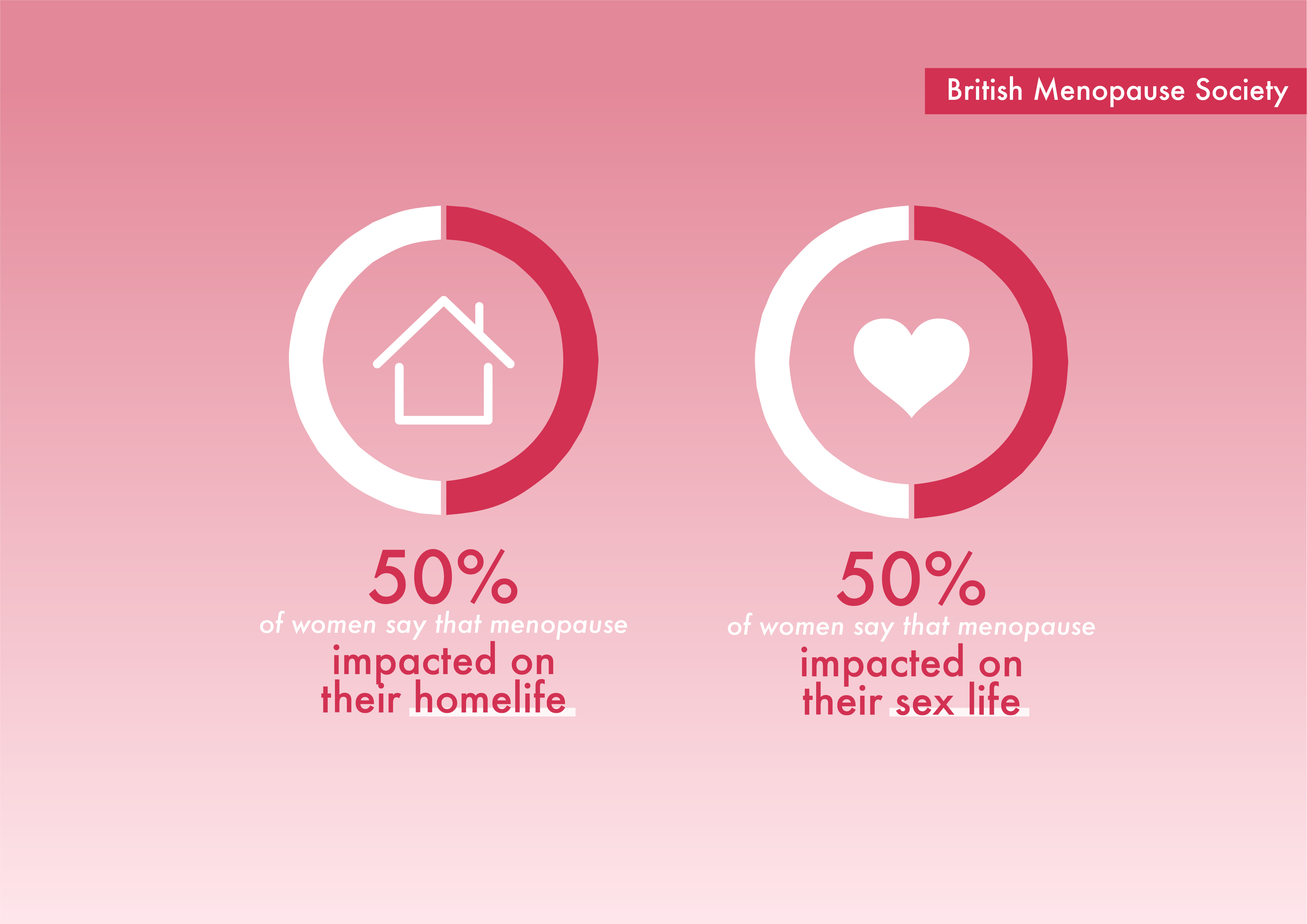
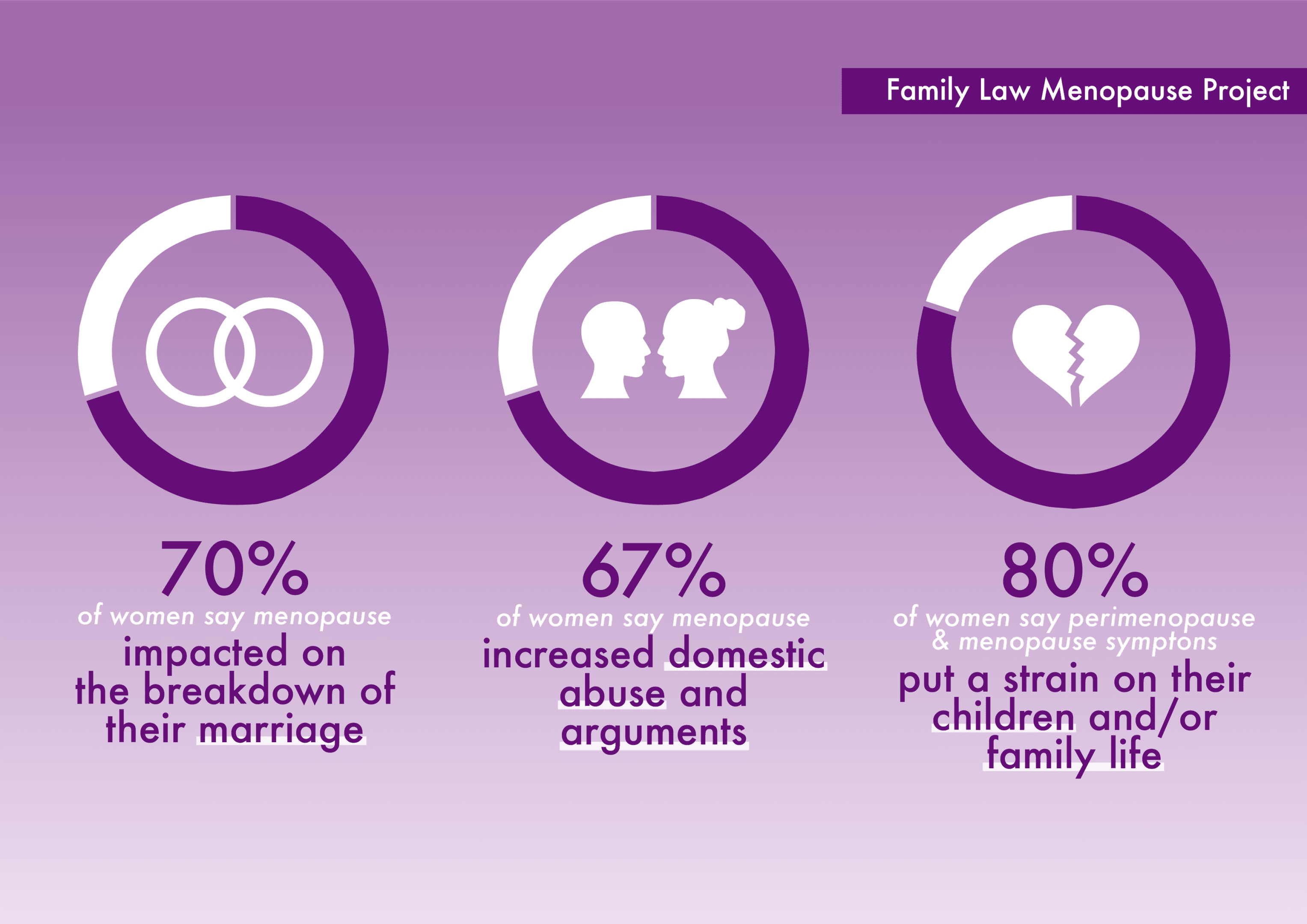
Understanding Menopause
Menopause encompasses various physical and emotional changes, including hot flashes, mood swings, sleep disturbances, and decreased libido. These symptoms can profoundly affect a woman’s quality of life and her interactions with partners and family. For many women, the emotional upheaval can exacerbate and highlight already existing tensions in a marriage, leading to further conflict.
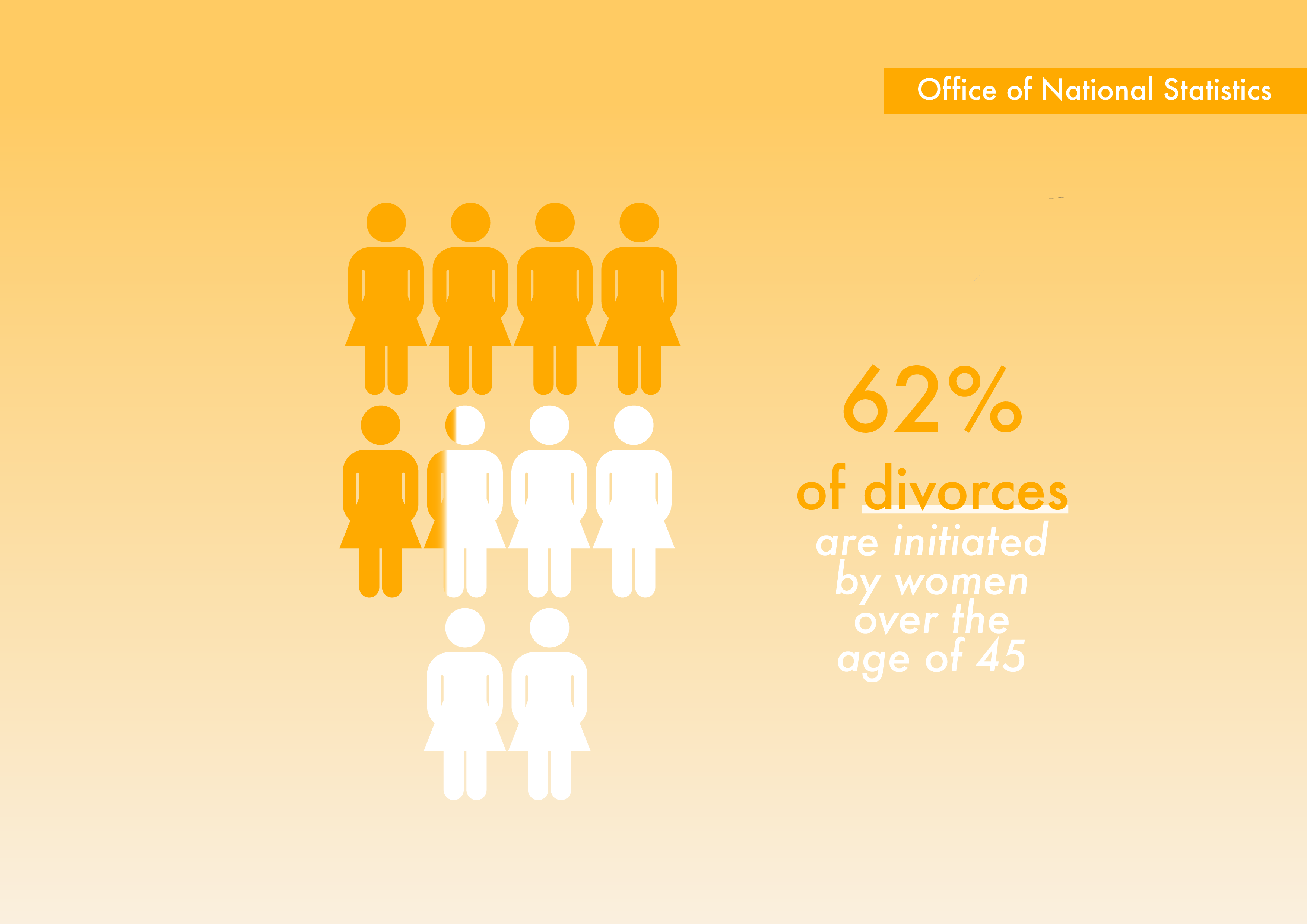
Statistics and Trends
Recent studies indicate that menopause may play a notable role in the rising divorce rates among middle-aged couples in the UK. According to the Office for National Statistics, there has been a marked increase in divorces among people aged 45 and over, with over 60% of these divorces being instigated by women. This demographic shift reflects a growing acknowledgment of the pressures that midlife transitions, such as menopause, place on relationships.
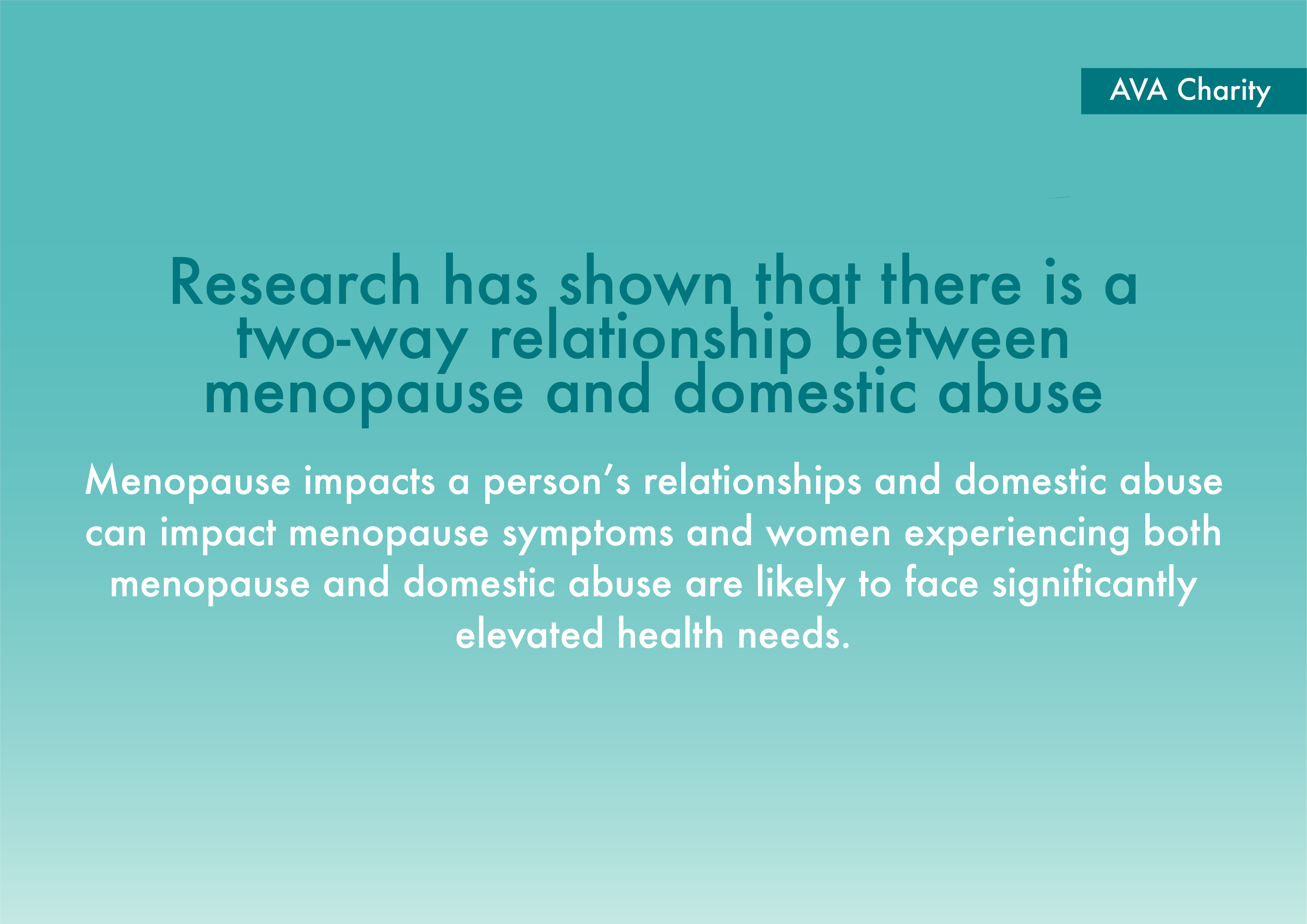
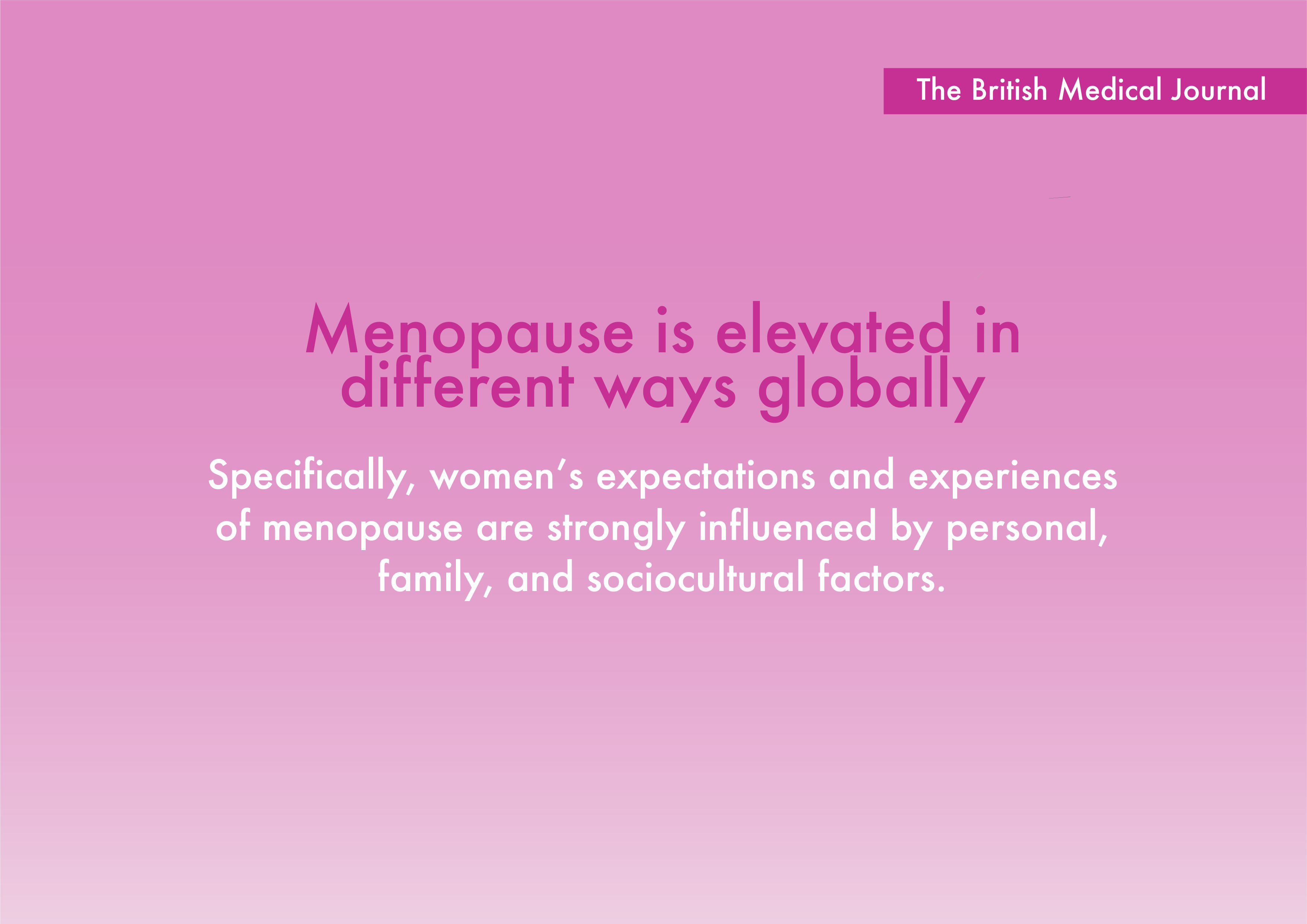
Emotional and Relationship Strain
Menopause often coincides with other life changes, such as children leaving home or caring for aging parents. This is on top of the mental load of day-to-day family needs often carried by women by default and of course the pressures of the workplace. This combination can create a perfect storm for marriages breaking down. Women may feel overloaded and isolated as they navigate these changes, particularly if their partners struggle to understand the physical and emotional challenges associated with menopause and fail to properly support them.
The Role of Awareness and Education
As discussion and awareness of menopause increases, so does the potential for improved communication between partners. Education about menopause is crucial in mitigating its impact on relationships. Couples who engage in open discussions about symptoms, needs, and expectations are better equipped to navigate this transitional period together. Counselling or support groups can also be beneficial enabling couples to approach menopause as a shared journey rather than an individual struggle.
The Need for Support
Employers can play a pivotal role in supporting women going through menopause. Workplace policies that accommodate flexible working arrangements and promote awareness can help reduce stress levels, positively affecting home life. Furthermore, better access to information about menopause can empower women to manage their symptoms effectively, improving their emotional well-being and in turn assisting relationship stability.
Conclusion
The impact of menopause on divorce rates in the UK highlights the need for a broader conversation about the midlife transitions of women and the impacts on their relationships. By raising awareness, improving communication, and offering support, couples can navigate this challenging phase together. Ultimately, understanding menopause as a shared experience can lead to healthier, more resilient relationships, potentially reducing the likelihood of divorce during this transformative period or leading to more amicable separations. As society becomes more attuned to these issues, we hope to see a shift in how couples approach this significant life change.
Astraea Linskills FZ
Astraea Linskills FZ connects the United Arab Emirates expat community with Astraea Linskills, award-winning international solicitors. They provide support for any UK family law and estate legal challenges. You can contact Nama Zaroug (Director, Solicitor & Higher Court Advocate) on +971 585411879 or visit a-l.law/Astraea-linskills-freezone-dubai













































